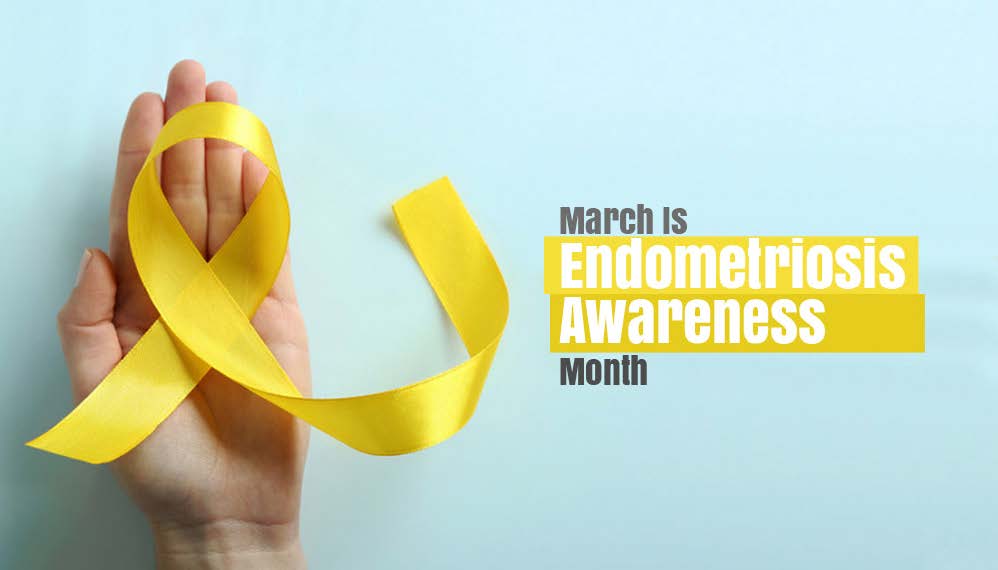March marks the month of Endometriosis Awareness!
Endometriosis is a condition that causes tissue, similar to that usually found in the womb, to grow outside the womb in other areas of the body. This lining is known as the endometrial tissue and causes a high amount of inflammation within the female body.
In Australia just over 11% of females of all ages are affected and suffer from endometriosis at some point in their life. This statistic equates to 1 in just 10 females being diagnosed with this condition, which usually occurs in their teenage years.
The symptoms of endometriosis can vary and as a result causes delays in diagnosis (up to 6 and a half years). However, the most common symptoms include chronic pelvic and abdominal pain, dysmenorrhoea (painful periods), and dyspareunia (pain during intercourse). If left untreated this condition can unfortunately cause infertility.
One very effective treatment method for endometriosis is exercise! However, in some instances exercise can cause pain flare up which is why it is so important to be aware of what exercises, intensity, type and duration are best suited.
Exercise has been proven to be effective for endometriosis management for multiple reasons:
- Exercise provides pain relief. This happens by a chemical reaction that occurs in our brains when we exercise that reduces our awareness of pain messages.
- Exercise generally has a positive effect on inflammation which may help endometriosis symptoms as it is a hormonally driven inflammatory disease.
- Exercise improves mobility and reduces cramping in the abdomen. A lot of women with endometriosis generally have an over active pelvic floor which can be relaxed through range of motion exercises.
- Endometriosis can cause brain fog and fatigue which can be improved with exercise. A good way to implement this is by breaking exercise up into small bouts throughout your day.
- Exercise improves mood which is beneficial for managing anxiety and depression linked to pain.
Following a well-balanced diet can also play a large role in the management of endometriosis. Research has shown that diets low in fat and high in fibre are most effective in controlling the hormones responsible for endometriosis. One study in particular has shown that women who consumed 13 or more servings of green vegetables per week had a 70% lower risk of endometriosis that women who consumed 6 or less serves per week.
